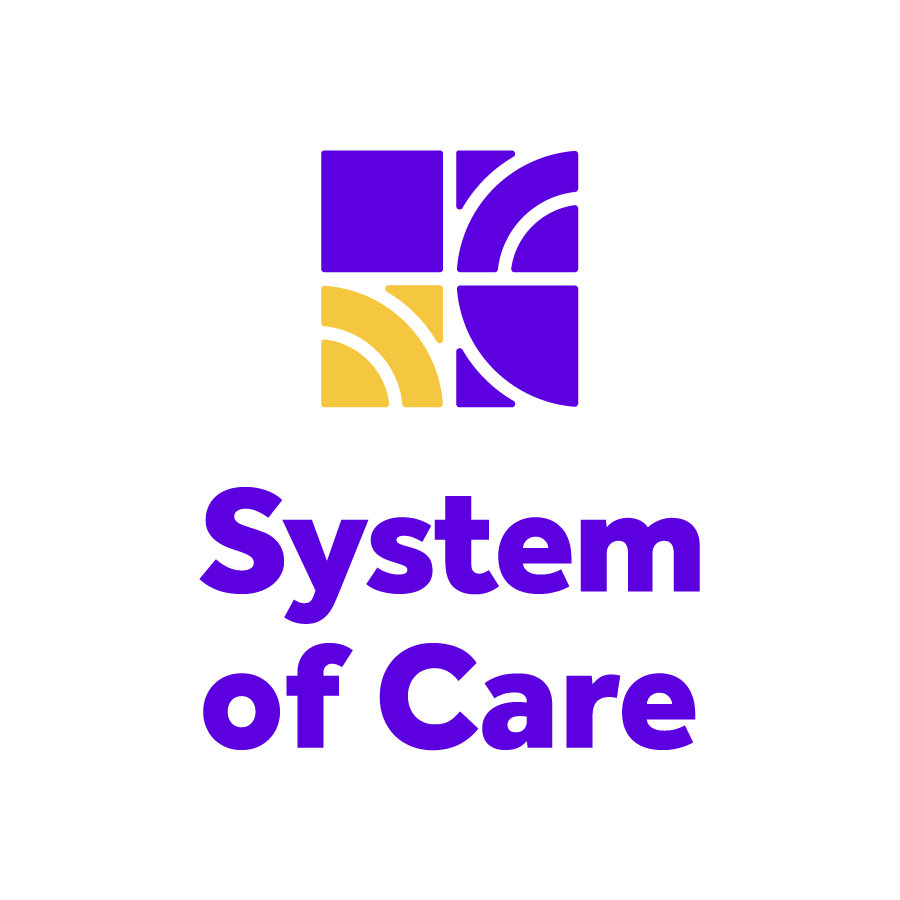Child Welfare
Who We Are
Department of Human Services (DHS) Child Welfare offices offer assistance with investigation of child abuse and neglect, family safety planning and support services, foster care, adoption, behavior rehabilitation services, and independent living services.
Child Protective Services
DHS child welfare responds to child abuse reports. Child welfare screening caseworkers listen to reports of abuse, assess the situations and prepare safety plans to assist children and families. Child welfare staff work closely with law enforcement agencies and other members of multidisciplinary teams in each county to assess child abuse reports.
In many cases after screening, a protective service caseworker is assigned and will conduct an assessment. The worker will talk to the child, the child’s caregivers, which may include family members, and others involved with the child such as teachers or medical professionals. After an assessment is completed, the information is reviewed to determine whether abuse occurred and whether the child is safe.
If a child has been abused or neglected, child welfare and law enforcement staff decide, with family help if possible, whether the child can be safely kept at home. Child welfare and law enforcement have the authority to remove a child from a home if they are in immediate danger of abuse. A court order also can authorize child welfare or law enforcement to place a child in protective custody. When a child’s safety can be assured, the child should stay at home with their family.
When child safety cannot be assured in the home, an out-of-home safety plan is developed. When this is necessary, DHS will first consider whether a relative can provide safety. When a child is placed in substitute care, the case is reviewed by the juvenile court within 24 judicial hours. Then the court decides, based on the child’s safety, whether the child should be returned home or remain in custody.
Foster care is a temporary living arrangement for children who need a safe place to live when their parents or guardians cannot safely take care of them. Most children are in foster care because of a history of abuse or neglect.
How to coordinate with us
DHS works hard to help children be healthy and safe, but the public also plays a key role. If you’re working with a family assigned to a caseworker please reach out to them first, if you cannot get a hold of them call the branch and ask to speak with their direct supervisor.
For Child Welfare office locations and phone numbers please visit here.
To report child abuse call the statewide child abuse hotline at 1-855-503-SAFE (7233). If you think someone is being hurt or is in danger, call 911 immediately.
Additional Links
The Governor’s Advocacy Office (GAO) - an ombudsman office
FosterClub - FosterClub's mission is to lead the efforts of young people in and from foster care to become connected, educated, inspired and represented so they can realize their personal potential and contribute to a better life for their peers.
KEEP - Keeping foster and kin parents supported and trained
Every Step Community of Care - primary care medical homes for youth in foster care
